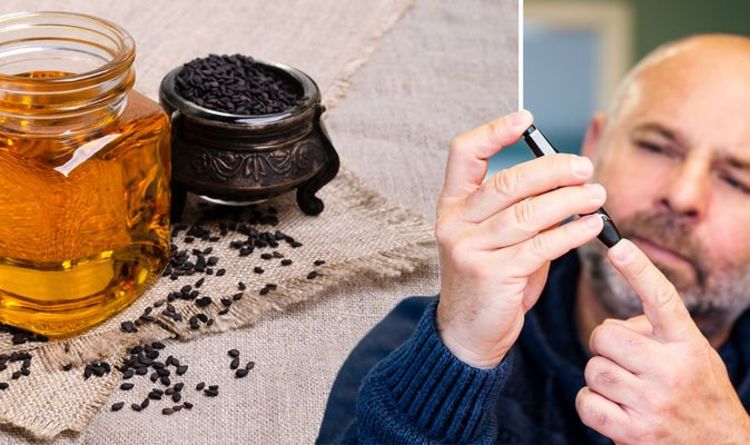
Type 2 diabetes means your pancreas’ ability to produce insulin is hampered in one of two ways. Either it doesn’t produce any insulin or the body’s cells don’t react to insulin it does produce, otherwise known as insulin resistance. This wouldn’t pose health risks were it not for the role that insulin plays in regulating blood sugar, the main type of sugar found in blood.
Both the oil and the seeds have been shown to improve insulin and control blood sugar levels.
An overview of the existing literature published in the British Journal of Pharmaceutical Research, indicated that the role of N. sativa seeds in treating diabetes is substantially important (enhancing insulin production, glucose tolerance, and beta cell proliferation – cells that make insulin).
The overview concluded that the seeds also can play a significant role in the treatment of diabetes complications such as nephropathy, neuropathy, and atherosclerosis.
Bolstering the findings, another study concluded that black cumin seed oil over time reduced HbA1c — the average blood glucose levels — by increasing insulin production, decreasing insulin resistance, stimulating cellular activity, and decreasing intestinal insulin absorption.
The gravest threat for stabilising blood sugar levels comes in the form simple carbohydrates.
Simple carbohydrates, such as concentrated fruit juice, are broken down into glucose relative quickly, causing blood sugar levels to soar soon after consuming them.
Type 2 diabetes – the warning signs
Type 2 diabetes often goes undetected because it doesn’t necessarily make you feel unwell.
If you do experience symptoms, the most common are:
- Urinating more than usual, particularly at night
- Feeling thirsty all the time
- Feeling very tired
- Losing weight without trying to
- Itching around your penis or vagina, or repeatedly getting thrush
- Cuts or wounds taking longer to heal
- Blurred vision
